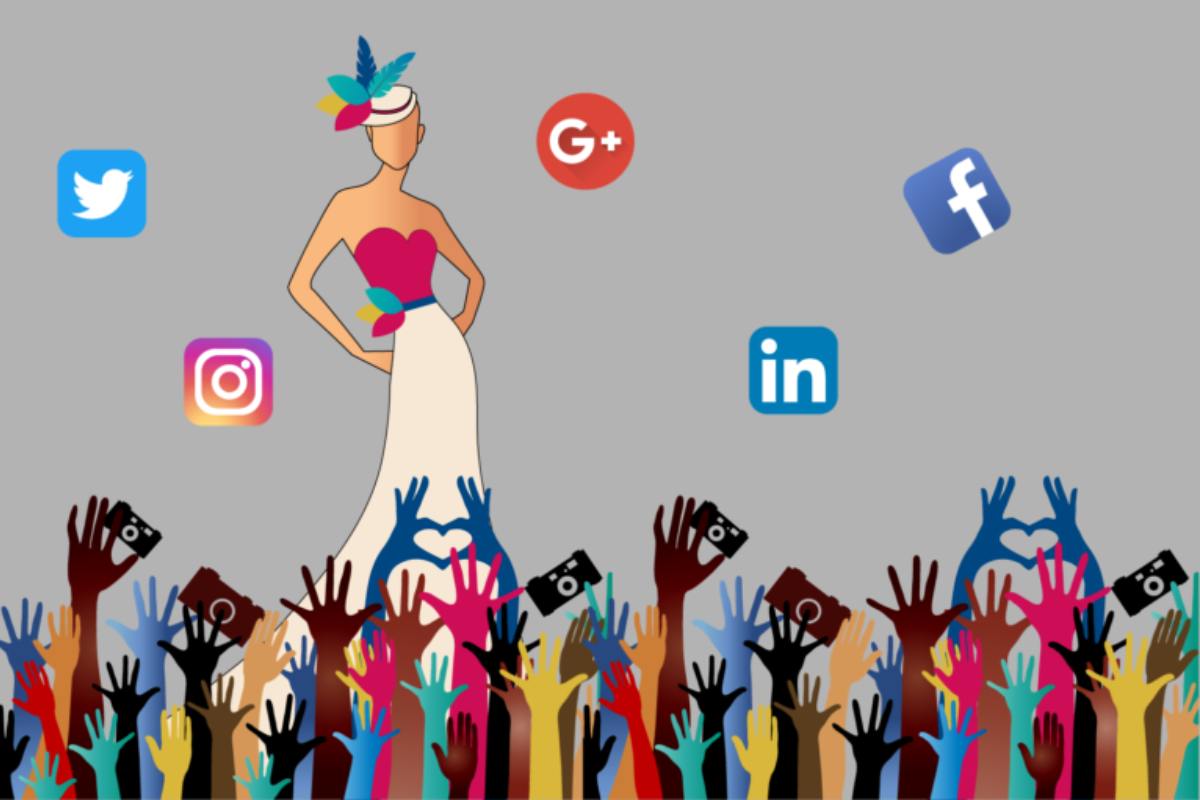The shimmering world of celebrities is often characterized by red carpets, flashing cameras, and the buzz of entertainment news, akin to the dazzling allure of a book of dead free play. However, beyond the glamorous veneer lies a powerful force capable of shaping public discourse and influencing social and political movements. Celebrities, wielding a significant amount of influence due to their widespread recognition and substantial platforms, have been instrumental in driving attention to various causes, raising funds, and even swaying public opinion. This article delves into the multifaceted role of celebrities in social and political movements, examining the positive impacts, potential pitfalls, and the changing dynamics in the digital age.
Table of Contents
Historical Context:
The intersection of celebrity influence and political activism is not a novel phenomenon. Throughout history, figures in the arts, sports, and entertainment industries have leveraged their fame to shed light on pressing issues and advocate for change. In the 1960s, for instance, prominent figures like Muhammad Ali, Bob Dylan, and Jane Fonda were deeply involved in the civil rights movement and protests against the Vietnam War. Their involvement not only raised awareness but also encouraged their fans and the wider public to engage with these crucial issues.
The 1980s witnessed celebrities like Elizabeth Taylor and Rock Hudson bringing attention to the AIDS epidemic, a cause that was initially met with widespread stigma and ignorance. Their advocacy played a significant role in destigmatizing the disease and boosting funding for research and treatment.
Positive Impacts:
- Raising Awareness: Celebrities can draw attention to causes that may otherwise remain under the radar. Their platforms allow them to amplify messages and reach millions of people instantly. When a celebrity speaks out about an issue, it often garners media coverage, sparking public discourse and bringing the matter to the forefront of societal conversation.
- Fundraising and Resource Mobilization: Celebrities have the power to mobilize resources on a grand scale. Charity events, concerts, and public appeals led by famous personalities can raise substantial funds. For example, telethons and benefit concerts have historically been successful in garnering millions for disaster relief, research, and aid.
- Influence on Policy and Legislation: Celebrities often use their status to advocate for policy changes and legislative action. They have the unique ability to gain access to policymakers, speak at legislative hearings, and use their platforms to encourage fans to support specific bills or policy initiatives.
Potential Pitfalls:
- Oversimplification of Complex Issues: Celebrities, although well-intentioned, may inadvertently oversimplify complex issues due to their lack of expertise. This can lead to misinformation or an incomplete understanding of the problem at hand.
- Performative Activism: In some cases, celebrities may engage in social or political causes in a way that is perceived as performative or superficial, particularly if their actions do not align with their public statements. This can lead to skepticism and undermine the credibility of the cause.
- Overshadowing Experts and Grassroots Activists: The spotlight on celebrities can sometimes overshadow the work of experts and grassroots activists who have dedicated their lives to a cause. It’s crucial that celebrities amplify these voices rather than replace them.
The Digital Age and Social Media:
The advent of social media has exponentially amplified the impact of celebrity activism. Platforms like Twitter, Instagram, and Facebook allow celebrities to communicate directly with their followers, free from the traditional gatekeepers of media. This direct line of communication can be a powerful tool for raising awareness and mobilizing action quickly.
Moreover, the digital age has seen the rise of “digital celebrities” or influencers who may not come from traditional entertainment backgrounds but have amassed significant followings online. These individuals, too, have begun to wield influence over social and political issues, often engaging with a younger demographic.
In conclusion, the role of celebrities in social and political movements is complex and multifaceted. While their involvement can lead to meaningful change and heightened awareness, it is essential to approach celebrity activism with a critical eye, recognizing both its potential and its limitations. As society continues to evolve and new platforms emerge, the dynamics of celebrity influence will undoubtedly shift, but their impact on social and political movements will remain an integral part of the cultural landscape.

